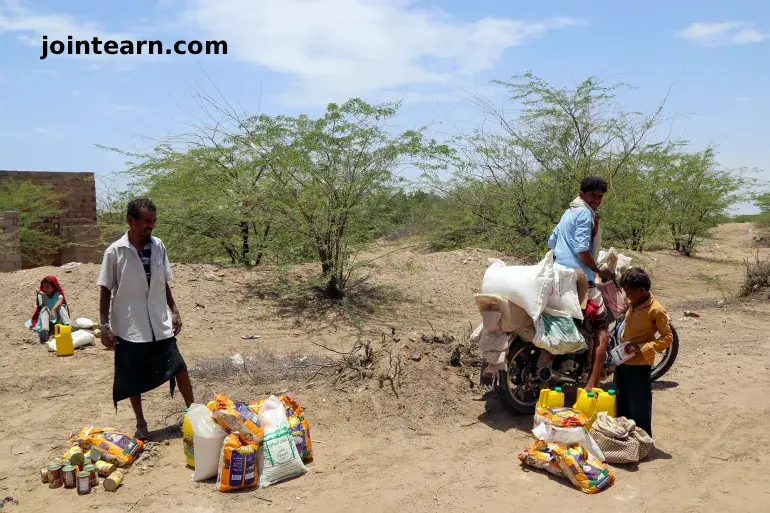
Belem, Brazil – November 10, 2025 – The United Nations has issued a stark warning that climate change is forcing millions of people from their homes, highlighting the urgent need for global action as COP30 opens in Brazil. According to a new UNHCR report, weather-related disasters displaced approximately 250 million people over the past decade—equivalent to over 67,000 displacements per day.
UNHCR Report: No Escape II – The Way Forward
The report, titled No Escape II: The Way Forward, marks the second major UN study on climate-induced displacement. It emphasizes that climate change compounds the challenges faced by people already displaced by conflict, increasing humanitarian pressures on fragile communities worldwide.
Floods in South Sudan and Brazil, record-breaking heat in Kenya and Pakistan, and severe water shortages in Chad and Ethiopia are among the disasters cited. The UN projects that by 2040, the number of countries extremely exposed to climate hazards will rise from three to 65, hosting 45% of all conflict-displaced people.
“Extreme weather is destroying homes and livelihoods, forcing families—many who have already fled violence—to flee once more,” said UNHCR Chief Filippo Grandi. “These are among the hardest-hit populations, yet they have the fewest resources to recover.”
By 2050, the hottest 15 refugee camps, including sites in The Gambia, Eritrea, Ethiopia, Senegal, and Mali, could experience nearly 200 days of extreme heat stress annually.
Weakening Global Commitment
The UNHCR warned that, despite rising climate risks, global commitment to addressing the crisis is weakening. Under former US President Donald Trump, foreign aid—once the backbone of the UNHCR’s operations—was significantly reduced.
“Funding cuts are severely limiting our ability to protect refugees and displaced families from extreme weather,” Grandi said. “Climate financing must reach communities already living on the edge. This COP must deliver real action, not empty promises.”
COP30 in Brazil
COP30, hosted in Belem in the Amazon rainforest, brings together 50,000 participants from over 190 countries. Delegates are expected to discuss climate mitigation strategies, adaptation measures, and support for communities vulnerable to climate disasters.
One major point of debate is the European Union’s Carbon Border Adjustment Mechanism (CBAM). While designed to prevent carbon leakage by charging importers of carbon-intensive goods, critics—including the US and China—view it as protectionist, and developing nations argue it unfairly shifts costs onto poorer countries.
The conference aims to ensure that climate action is both effective and equitable, while addressing the increasing humanitarian toll of climate-related displacement worldwide.


Leave a Reply